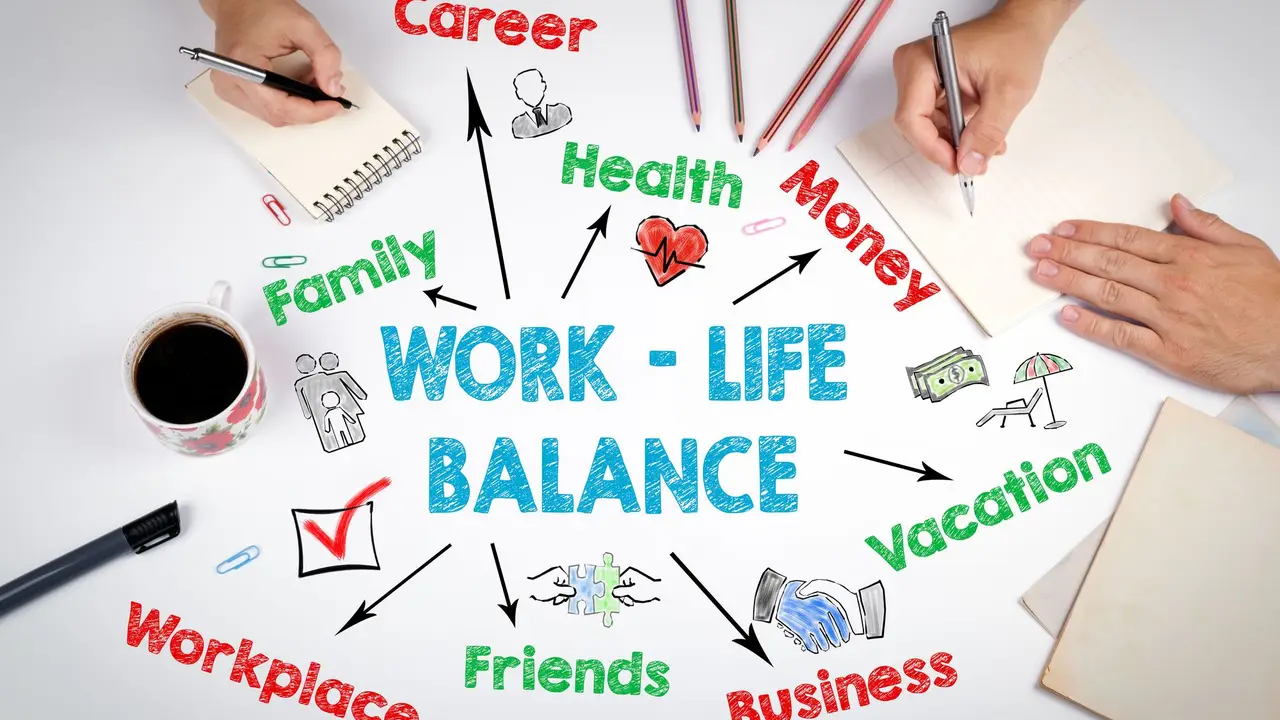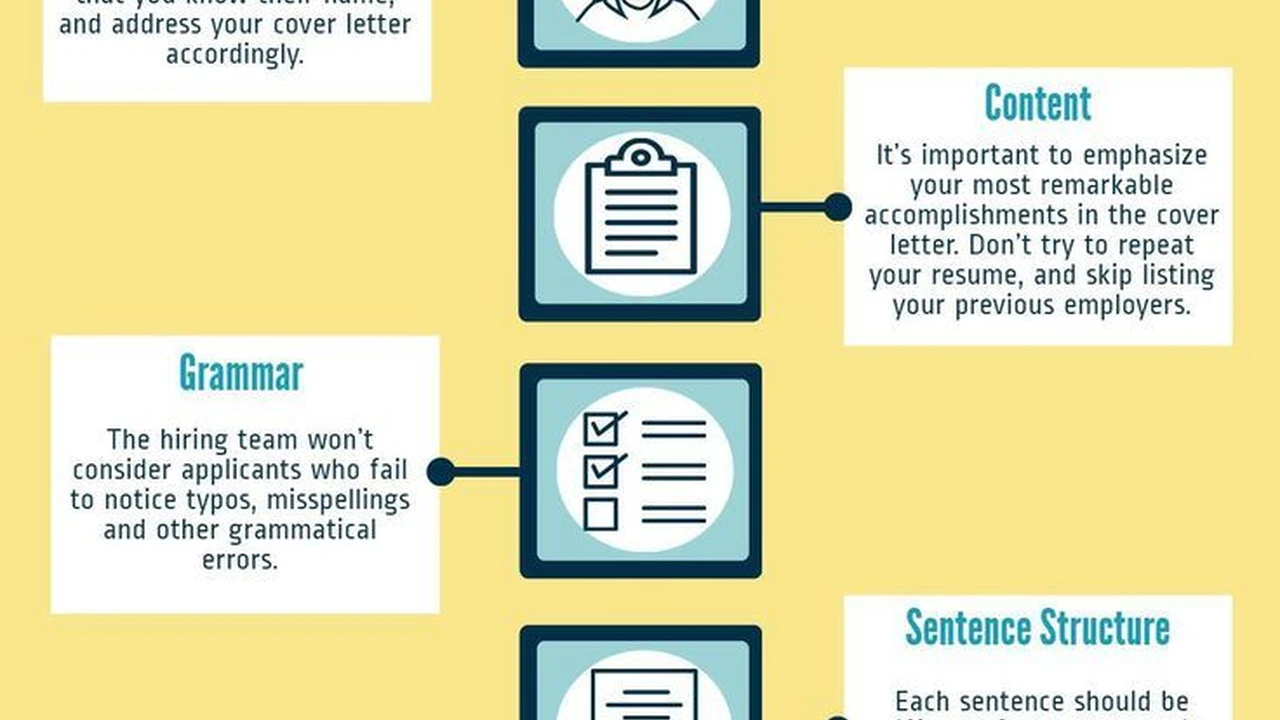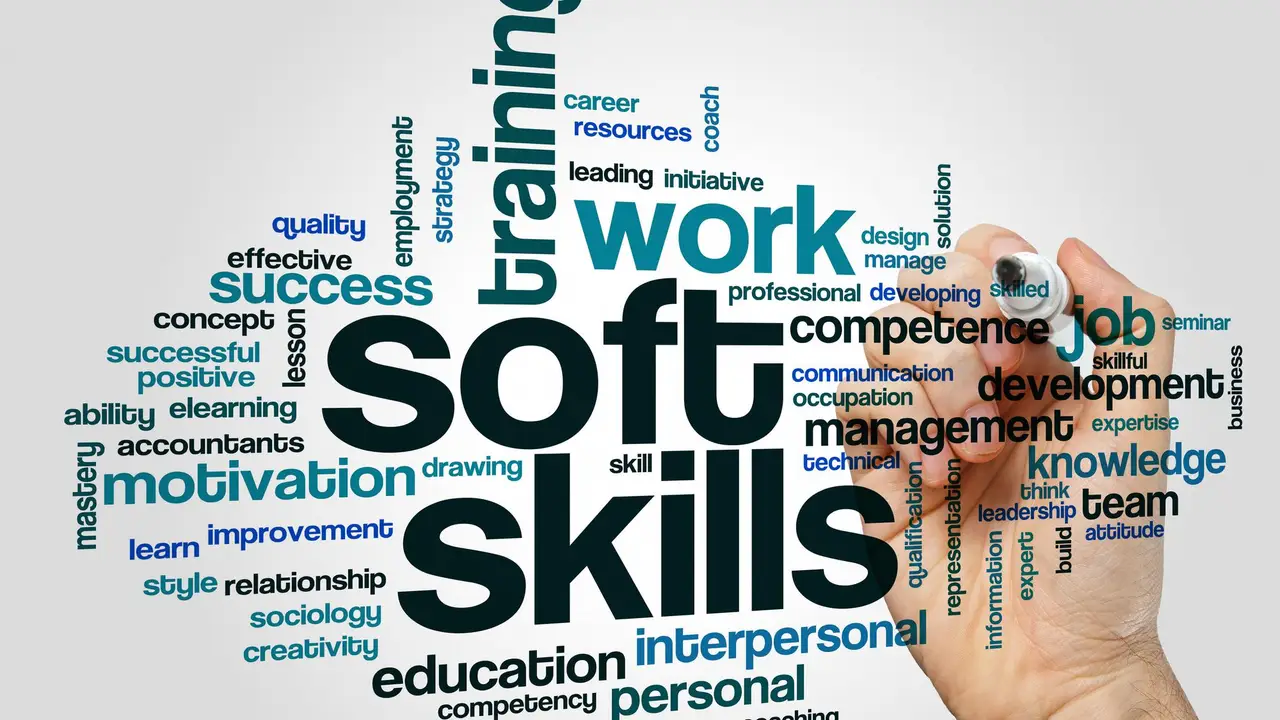Balancing Professional Goals and Personal Well-being
Find practical tips for balancing your career ambitions with your personal health and well-being.

Balancing Professional Goals and Personal Well-being
Hey there, career accelerator! We all know the drill: you're ambitious, driven, and constantly striving for that next big professional win. But let's be real, sometimes that drive can push us to the brink, right? It's a common trap – chasing career success at the expense of our personal health and happiness. But what if I told you it doesn't have to be an either/or situation? What if you could crush your professional goals AND maintain a vibrant, fulfilling personal life? It's not just a pipe dream; it's entirely achievable. This article is all about giving you the practical tips and tools to strike that delicate balance, ensuring your career soars without your well-being taking a nosedive.
Understanding the Interplay Between Career and Well-being
Before we dive into the 'how,' let's quickly touch on the 'why.' Why is this balance so crucial? Think of your career and your well-being as two sides of the same coin. Neglect one, and the other inevitably suffers. Burnout, stress, anxiety, and even physical ailments are common consequences of an imbalanced life. On the flip side, when you prioritize your well-being, you're actually fueling your professional performance. A well-rested, mentally sharp, and emotionally stable you is a more productive, creative, and resilient you. It's a virtuous cycle: better well-being leads to better work, which in turn, can lead to more satisfaction and even better well-being. So, let's explore how to make this happen.
Setting Clear Boundaries for Work Life Balance
One of the biggest culprits of imbalance is the blurring of lines between work and personal life. With remote work becoming more prevalent, it's easier than ever for work to seep into every corner of our lives. This is where boundaries come in. They're not about being rigid; they're about creating structure and protecting your personal time.
Defining Your Work Hours and Sticking to Them
This might sound basic, but it's incredibly powerful. Decide when your workday starts and, more importantly, when it ends. Communicate these hours to your colleagues and clients. When the clock hits your 'off' time, close your laptop, put away your work phone, and resist the urge to check emails. For instance, if your workday is 9 AM to 5 PM, make a conscious effort to be 'off' after 5 PM. This might mean setting an alarm to remind you to log off, or even physically leaving your workspace if you work from home.
Creating a Dedicated Workspace and Disconnecting
If you work remotely, having a dedicated workspace can help create a mental separation. It doesn't have to be a separate room; even a specific corner of a room can work. The key is that when you leave that space, you're leaving work behind. Avoid working from your bed or sofa, as this can make it harder to switch off. When your workday is done, physically step away from your workspace. This simple act can signal to your brain that it's time to transition to personal mode.
Saying No to Non Essential Tasks and Overtime
This is a tough one for many ambitious professionals, but it's vital. Learn to politely decline requests that fall outside your core responsibilities or push you into excessive overtime. Prioritize your tasks and focus on what truly moves the needle. Remember, saying 'no' to one thing often means saying 'yes' to something more important – like your personal time or well-being. Tools like 'Eisenhower Matrix' can help you categorize tasks by urgency and importance, making it easier to identify what to prioritize and what to delegate or decline.
Prioritizing Physical Health and Wellness
Your body is your temple, and neglecting it will inevitably impact your ability to perform at your best professionally. Physical well-being is the foundation upon which everything else is built.
Regular Exercise and Physical Activity
You've heard it a million times, but it bears repeating: move your body! Exercise isn't just about looking good; it's a powerful stress reliever, mood booster, and energy enhancer. Find an activity you enjoy, whether it's hitting the gym, going for a run, practicing yoga, or dancing. Aim for at least 30 minutes of moderate exercise most days of the week. Even short bursts of activity, like a 10-minute walk during your lunch break, can make a difference. Consider using fitness trackers like the Fitbit Charge 6 (around $159.95 USD) or the Apple Watch SE (starting at $249 USD) to monitor your activity, heart rate, and sleep patterns. The Fitbit Charge 6 is great for basic tracking and long battery life, while the Apple Watch SE offers more smart features and seamless integration with the Apple ecosystem. For those who prefer a more rugged and outdoor-focused option, the Garmin Forerunner 265 (around $449.99 USD) provides advanced running metrics and GPS capabilities, perfect for serious athletes or those who enjoy outdoor adventures.
Nutritious Eating and Hydration
Fuel your body with good food. Processed snacks and sugary drinks might give you a temporary energy boost, but they'll lead to a crash later. Focus on whole foods: fruits, vegetables, lean proteins, and healthy fats. And don't forget to drink plenty of water throughout the day. Staying hydrated is crucial for cognitive function and overall energy levels. Meal prepping on weekends can save you time and ensure you have healthy options readily available during busy workweeks. Consider using a smart water bottle like the HidrateSpark PRO (around $69.99 USD) which tracks your water intake and glows to remind you to drink, syncing with an app to help you meet your hydration goals.
Adequate Sleep and Rest
Sleep is non-negotiable. It's when your body repairs itself, your brain consolidates memories, and your energy stores are replenished. Aim for 7-9 hours of quality sleep per night. Create a relaxing bedtime routine, avoid screens before bed, and ensure your bedroom is dark, quiet, and cool. If you struggle with sleep, consider using sleep tracking apps or devices. The Oura Ring Gen3 (starting at $299 USD) is a popular choice for comprehensive sleep tracking, providing insights into sleep stages, heart rate variability, and recovery. Another option is the Whoop 4.0 (membership starting at $30/month), which offers detailed recovery and sleep metrics, helping you optimize your training and rest. For a simpler approach, the Sleep Cycle app (free with premium features) uses your phone's microphone to analyze your sleep patterns and wake you during your lightest sleep phase.
Nurturing Mental and Emotional Well-being
Your mind is your most powerful asset. Just like your body, it needs care and attention to function optimally.
Practicing Mindfulness and Meditation
In our fast-paced world, it's easy to get caught up in the hustle. Mindfulness is about being present and aware, without judgment. Even a few minutes of meditation each day can reduce stress, improve focus, and enhance emotional regulation. There are many excellent apps available to guide you. The Calm app (premium subscription around $69.99/year) offers guided meditations, sleep stories, and breathing exercises. The Headspace app (premium subscription around $69.99/year) provides similar features with a focus on building a consistent meditation practice. Both are highly rated and offer programs for various needs, from stress reduction to improved focus. For those who prefer a more structured approach, the Insight Timer app (free with premium features) offers thousands of free guided meditations and talks from various teachers.
Engaging in Hobbies and Interests Outside Work
Don't let your identity become solely tied to your job. Pursue hobbies and interests that bring you joy and allow you to express different parts of yourself. Whether it's painting, playing an instrument, gardening, hiking, or learning a new language, these activities provide a much-needed mental break and a sense of fulfillment outside of your professional achievements. This is your 'me time' – protect it fiercely!
Connecting with Loved Ones and Building a Support System
Humans are social creatures. Nurture your relationships with family and friends. Spend quality time with them, share your experiences, and lean on them for support when needed. A strong social support system is a powerful buffer against stress and loneliness. Make an effort to schedule regular catch-ups, whether it's a weekly dinner, a video call, or a weekend outing. These connections are vital for your emotional health.
Seeking Professional Help When Needed
There's absolutely no shame in seeking professional help for your mental health. If you're struggling with persistent stress, anxiety, depression, or burnout, a therapist or counselor can provide valuable tools and strategies to cope and heal. Just as you'd see a doctor for a physical ailment, prioritize your mental health. Online therapy platforms like BetterHelp (starting around $60-90/week) or Talkspace (starting around $65/week) offer convenient and accessible options for connecting with licensed therapists from the comfort of your home. These platforms can be particularly useful for busy professionals with demanding schedules.
Leveraging Technology and Tools for Efficiency and Balance
Technology, often seen as a source of distraction, can actually be your ally in achieving better balance. The key is to use it intentionally.
Task Management and Productivity Apps
Streamline your workflow and keep track of your tasks. Apps like Todoist (free with premium features, around $4/month for Pro) or Asana (free for basic, paid plans starting around $10.99/user/month) can help you organize your to-do list, set deadlines, and prioritize tasks. This reduces mental clutter and ensures you're focusing on what matters most. For more visual thinkers, Trello (free with premium features, around $5/user/month for Standard) uses a Kanban board system to help manage projects and tasks collaboratively. These tools help you offload mental burden and ensure nothing falls through the cracks, freeing up mental space for personal pursuits.
Time Blocking and Calendar Management
Treat your personal time with the same respect you treat your work meetings. Use your calendar to block out time for exercise, hobbies, family time, and even just quiet reflection. This visual commitment makes it harder to let personal activities slide. Tools like Google Calendar (free) or Outlook Calendar (free with Microsoft accounts) are excellent for this. You can color-code different types of activities (work, personal, fitness) to get a quick overview of your schedule and identify areas where you might be over-committing.
Digital Detox Apps and Features
If you find yourself constantly glued to your phone, consider using digital detox apps or your phone's built-in features to limit screen time. Features like 'Screen Time' on iOS or 'Digital Wellbeing' on Android allow you to set app limits, schedule downtime, and monitor your usage. Apps like Forest (free with in-app purchases, around $1.99 for Pro) gamify the process of staying focused by growing a virtual tree when you avoid your phone, and killing it if you pick it up. This can be a fun way to encourage mindful phone usage and create more space for real-life interactions.
Cultivating a Mindset for Sustainable Success
Ultimately, achieving balance is as much about your mindset as it is about your actions. It's about recognizing that true success encompasses both professional achievement and personal fulfillment.
Embracing Imperfection and Letting Go of Guilt
You won't always get it perfect, and that's okay. There will be days when work demands more, and days when personal life takes precedence. The goal isn't rigid perfection, but rather a flexible and adaptable approach. Don't beat yourself up if you miss a workout or have to work late occasionally. Acknowledge it, adjust, and move forward. Let go of the guilt that often accompanies trying to 'do it all.'
Practicing Self Compassion and Self Care
Be kind to yourself. Treat yourself with the same empathy and understanding you would offer a friend. Self-care isn't selfish; it's essential for your well-being and your ability to show up fully in all areas of your life. This could be anything from a warm bath, reading a book, listening to music, or simply taking a few deep breaths when you feel overwhelmed. Identify what truly recharges you and make time for it regularly.
Regularly Reflecting and Adjusting Your Approach
Balance isn't a destination; it's an ongoing journey. Regularly check in with yourself. Are you feeling overwhelmed? Are you neglecting important aspects of your personal life? What's working well, and what needs adjustment? Be open to experimenting with different strategies and adapting your approach as your life and career evolve. This continuous self-assessment is key to maintaining a healthy and sustainable balance.
So, there you have it. Balancing your professional goals with your personal well-being isn't just possible; it's the secret sauce to long-term success and happiness. It requires intentional effort, clear boundaries, and a commitment to nurturing all aspects of your life. Start small, be consistent, and remember that investing in your well-being is the best investment you can make for your career and your life.
:max_bytes(150000):strip_icc()/277019-baked-pork-chops-with-cream-of-mushroom-soup-DDMFS-beauty-4x3-BG-7505-5762b731cf30447d9cbbbbbf387beafa.jpg)





